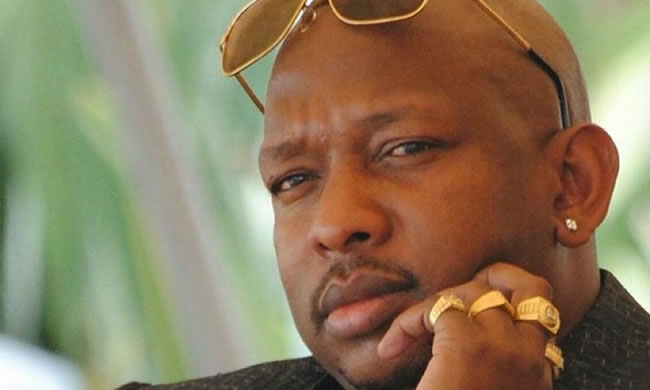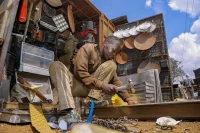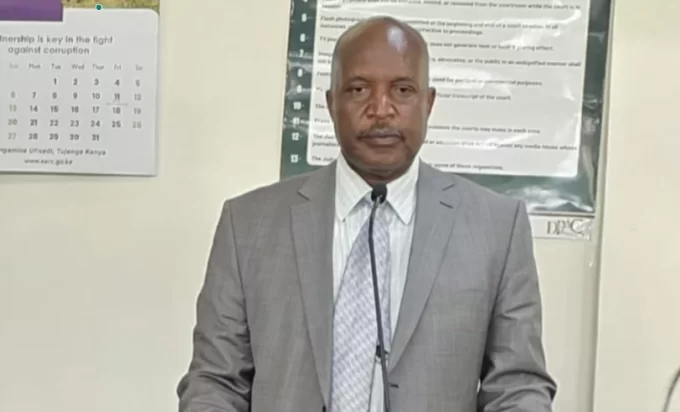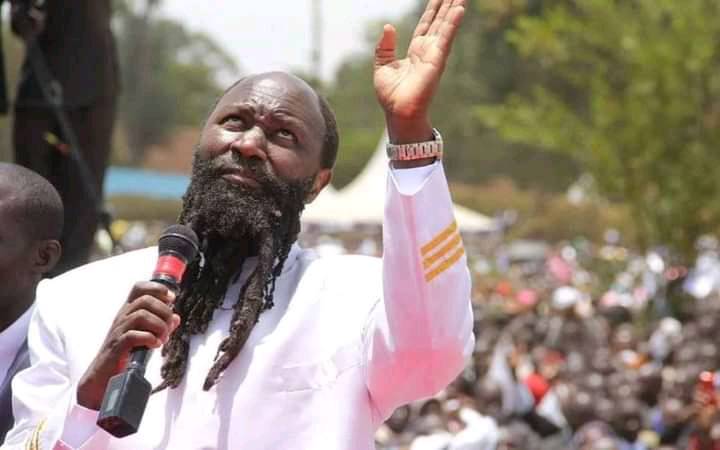Nairobi Governor Mike Mbuvi Sonko divides opinion and according to one research firm, his decision to run the county from a Machakos base is not going down well with some residents.
A report by Trends and Insights for Africa (TIFA) suggests that a majority of the Nairobi residents it interviewed have not given a seal of approval for Governor Sonko to be operating from Machakos.
Out of 525 residents interviewed, 77% said they did not approve of the move, while 16% were okay with Nairobi county being run from Machakos. A total of 6% either did not approve or disprove, or simply did not know how the move made them feel.
From the same sample group, 58% of the Nairobi residents interviewed said they would support an impeachment push if the governor refuses to return to city hall offices.
In contrast, 36% of the respondents would not oppose an impeachment for such reasons, with 5% sitting on the fence and 2% with no idea what they felt about the matter.
At the same time, 67% of the respondents are against Governor Sonko running the county without a Deputy Governor. The county head has been without a deputy since Polycarp Igathe resigned in January.
Despite this, the November TIFA report saw Governor Sonko improve in rating, with his report card averaging a C grade rating as opposed to the D+ rating of May.
Governor Sonko’s average score thus edged up from 44% to 51%.
Here's the most improved governor (May vs. Nov 2018)#CountyScoreCard pic.twitter.com/2cSsdsnmZo
— TifaResearch (@TifaResearch) November 28, 2018
This means that the perception of Governor Sonko’s managerial capabilities has improved. That is backed up by the increase in rating for all the thematic areas that interviewees had to respond to as concerns the governor’s work in the county.
Construction of feeder roads saw the highest improvement, up by 14% to settle at 48%. It was closely followed by keeping the county clean, which moved from 35% to 43%.
Provision of street lighting bumped up from 62% in May to 66% by November, with early childhood development education jumping from 46% to 67%.
Access to clean water was at 52%, an increase of 9%, with the business environment of Nairobi moving up to 49% as against 48%. Availability of market centers grew from 43% to 51%.
Provision of public health care services was at 48% from 44% with the governor’s work in providing proper sewerage systems settling at 39% from 31%.
Youth polytechnic education moved slightly upwards from 50% to 51%, while education bursaries also saw a slight increase from 51% to 53%.













1 Comment